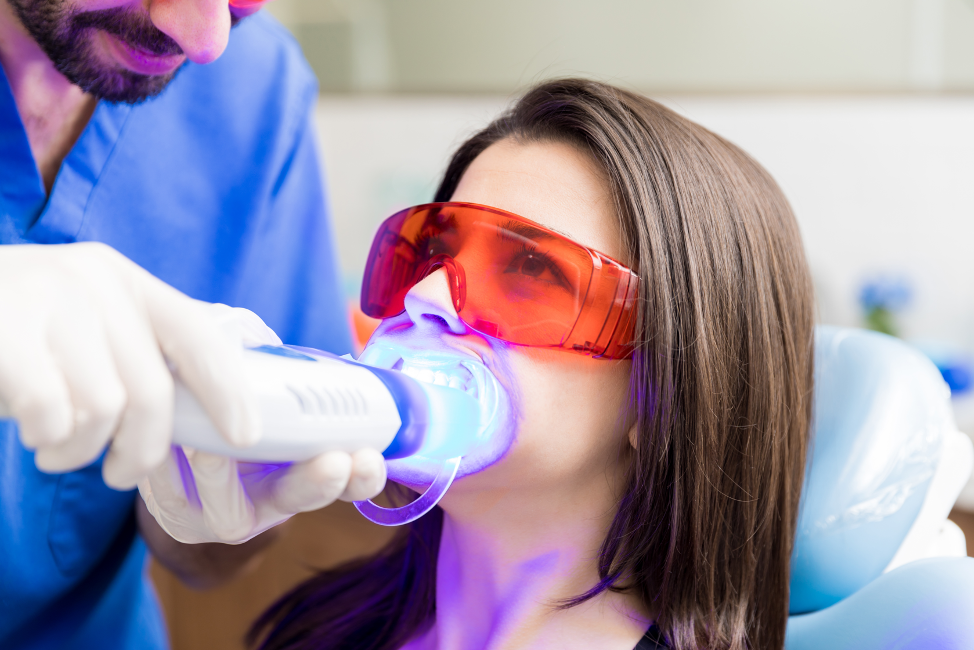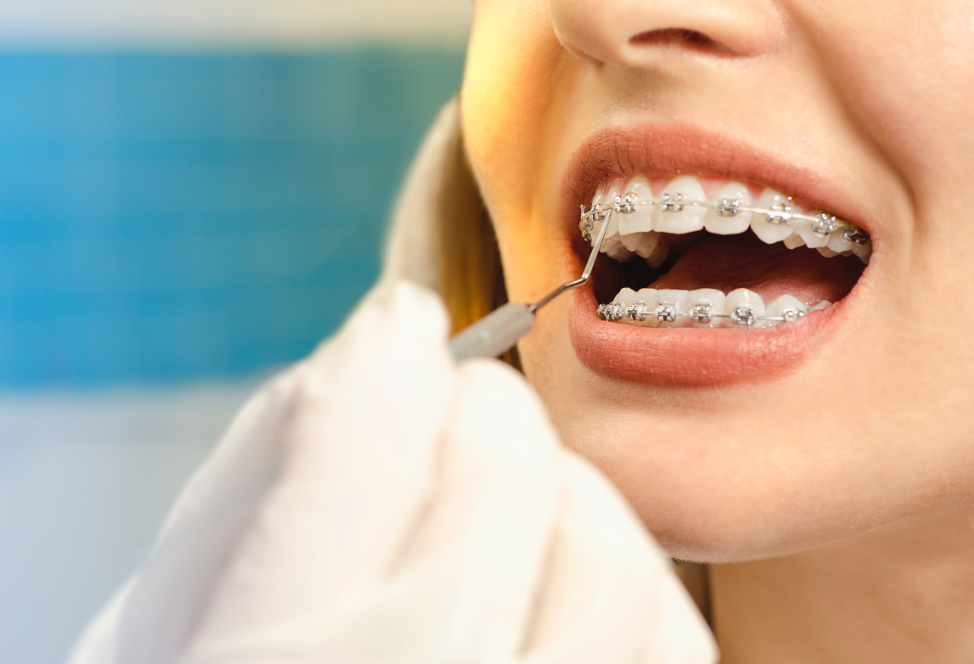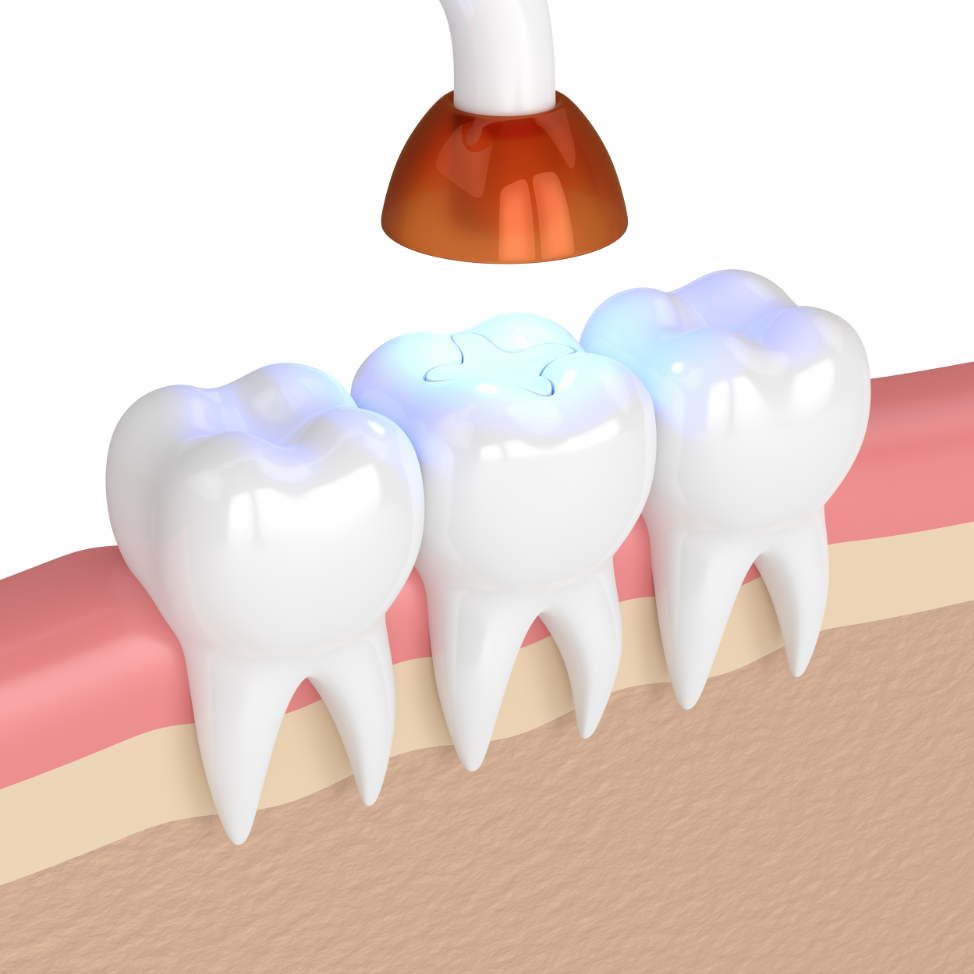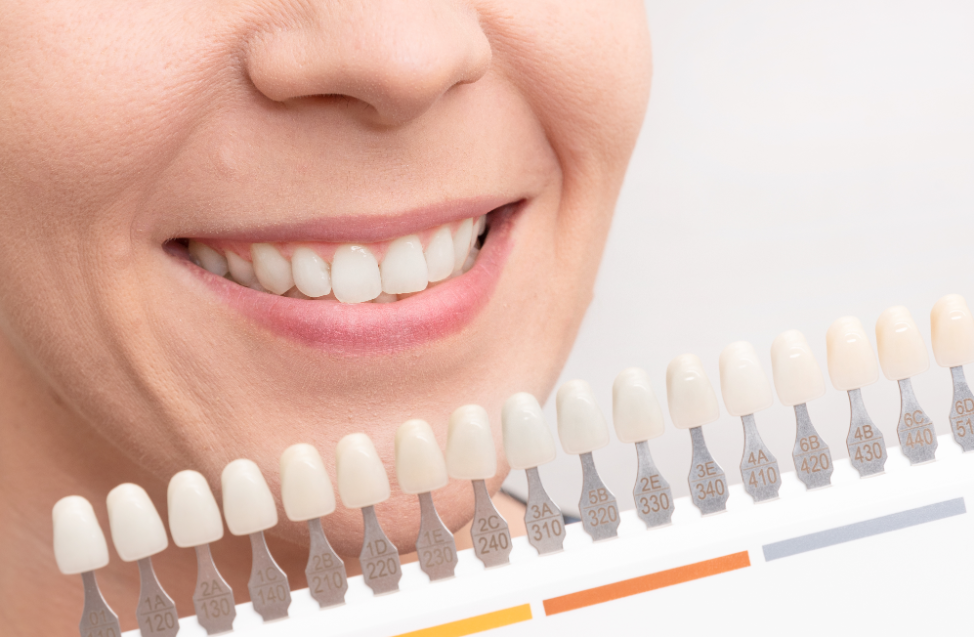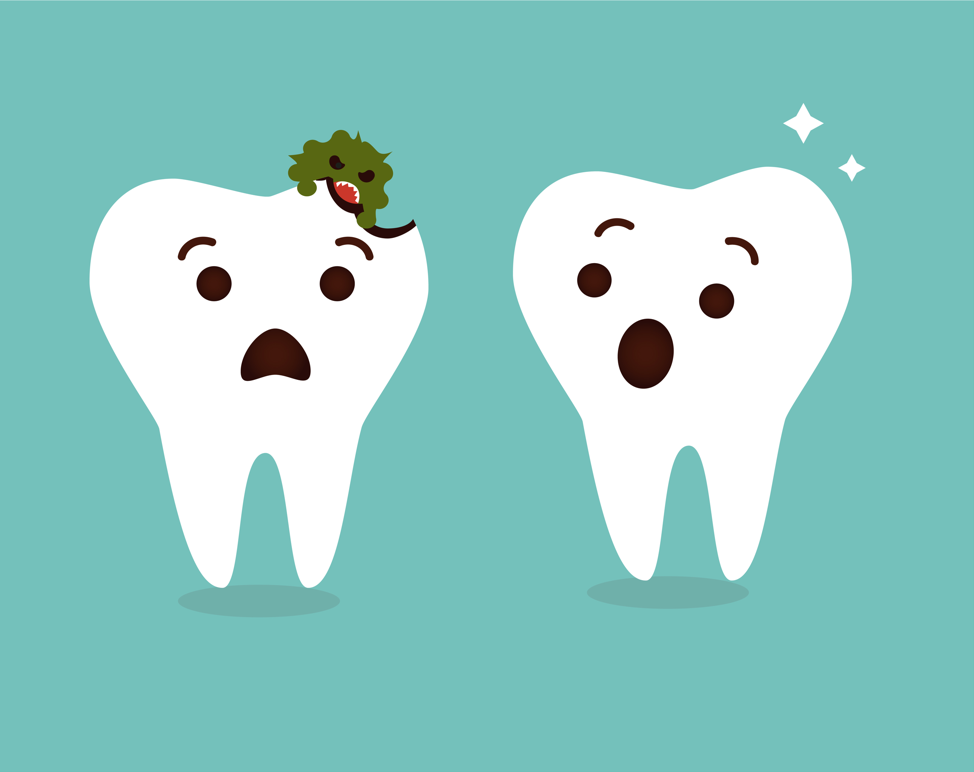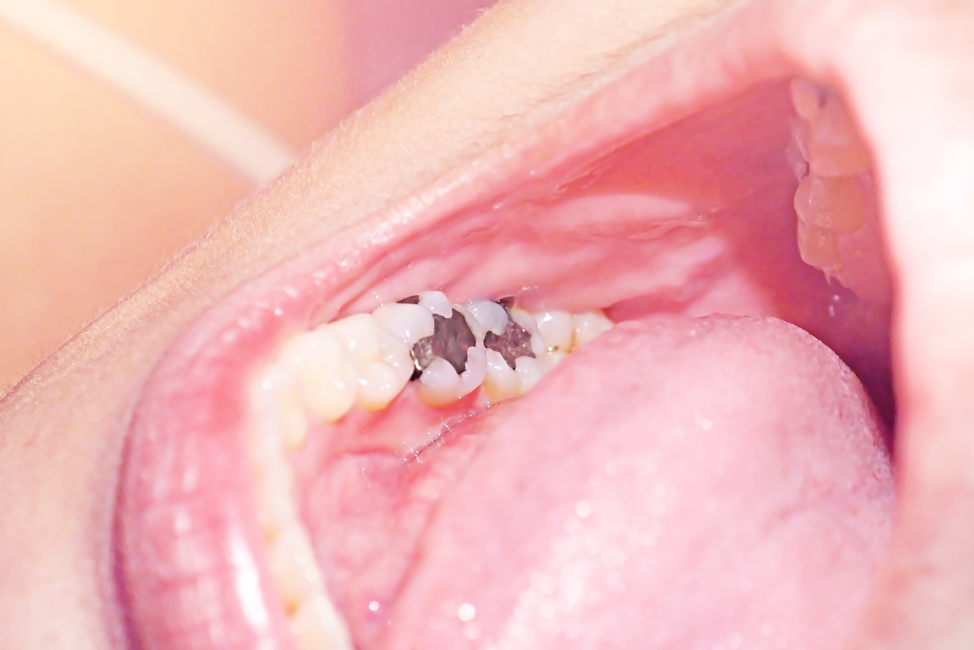
Blog
15 Feb Teeth Straightening and Clear Correct FAQs: Insights from a Lincoln Square Dentist
24 Jan How to Prepare for Your Dentist Appointment; Tips from a Skokie Area Dentist
08 Jan Insights from Rogers Park/ Lincoln Square Area Dentists: Things You Need to Know About Cavities
24 Dec The Benefits of Having a Dentist for the Entire Family; Tips from a Roscoe Village Area Dentist and Dental Practice
08 Dec The Different Types of Teeth Whitening Products; Insights from a Lincolnwood Area Dentist
24 Nov Insights from a Skokie Dentist; Things You Need to Know About Preventing Tooth Decay
Tooth decay is the most common oral health issue. We have a ton of sweets, sodas, and acidic foods at our disposal, and they can be very hard to turn down. We try to maintain a strong dental hygiene routine, but our teeth may still start to show signs of decay. With tooth decay, the protective enamel on the surface of the teeth is eroded, and the tooth itself starts to lose its structural composition. Soon enough, the rot can reach the pulp of the tooth and you’ll start to feel pain. In this article, we’re going to cover everything you need to know about the best tooth decay prevention strategy.


